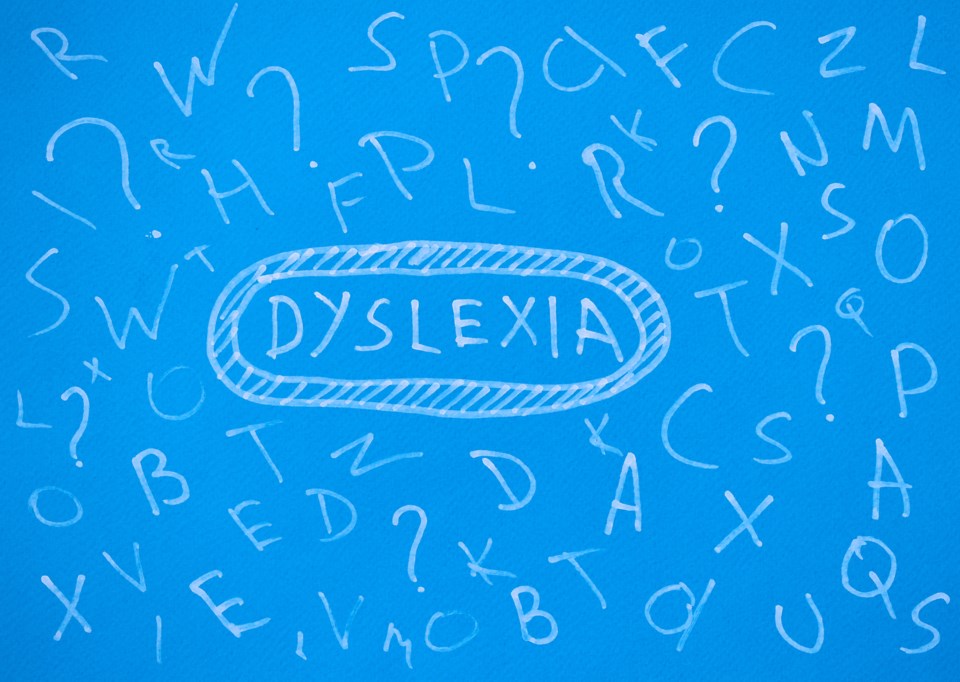Thank you for your interesting articles on dyslexia, 麻豆社国产.
I am 72 years young, and I am dyslexic.
I am a healthy, fully functioning adult contributing my bit to my community. I have lived my entire adult life in Squamish, and it has been fulfilling.
The reason for this is primarily the love and blessing I received from my parents. I got lucky, given the era I grew up in, and therefore I am very grateful.
I grew up in the 1950s and 60s. Dyslexia wasn’t even a name then.
The school system, lacking knowledge, quickly wrote me off as being dumb, stupid, and lazy.
I didn’t try hard enough, etc. I absolutely couldn’t read, spell or do math. And so it goes. There is no question, though, that as a young child, I became programmed to believe all of this “you’re stupid” talk and yet, inside, I felt quite capable.
The result was a lot of anxiety that I addressed by overeating. I got fat.
Still, I was quite capable of learning. I simply took in my knowledge differently. On my own, I realized that I could easily absorb both television and radio news. I was very attuned to it and I soaked it up. By age 10, I could name all of the major leaders of the world and was aware of most national and world events like no other peer.
My Grade 7 teacher (whom I am now a very close friend of) was stunned when I was able to give an informed verbal class presentation on butterflies, yet failed most courses.
My Grade 8 social studies teacher almost fainted when one day I stood up and named all the mayors in Metro Vancouver, yet I was failing his class.
No fault on their part, but they simply did not understand that dyslexics take in more info than educators realize and, at the same time, can’t write essays and do standard tests.
We all learn differently.
I don’t think of dyslexia as a disability. That’s ridiculous. It’s an asset.
We’re simply different from the norm, yet the “system” still fails to understand their need to address our learning differences.
We don’t need “special education,” we need access to alternative means of growing within our own way of learning.
My salvation came when my loving parents made the ultimate sacrifice.
They sold our family home and took the money to put me through boarding school (Shawnigan Lake). For some lucky reason, Shawnigan had the right goods to inspire me and allow me to thrive and never look back. Talk about gratitude.
Here’s the strange thing, once all my lights went on, I became a gifted writer, and writing has always been a big part of my working life.
Every day of my life, I put my acquired knowledge together with my writing and I love it. Dyslexia is my biggest asset. It really is. I am so glad I am dyslexic.
My message to any child with dyslexia or any parent of a dyslexic child is this; while it may seem worrying and tough, know deep inside that you are just fine. Allow yourself to find your knowledge in your own way, and don’t ever, ever let yourself think you have a disability. That is cruel. Know we are in very good company with fellow dyslexics Albert Einstein, Leonardo Da Vinci and Steve Jobs, among others. It’s time to celebrate our gift. Thank you.
Peter Gordon
Squamish





